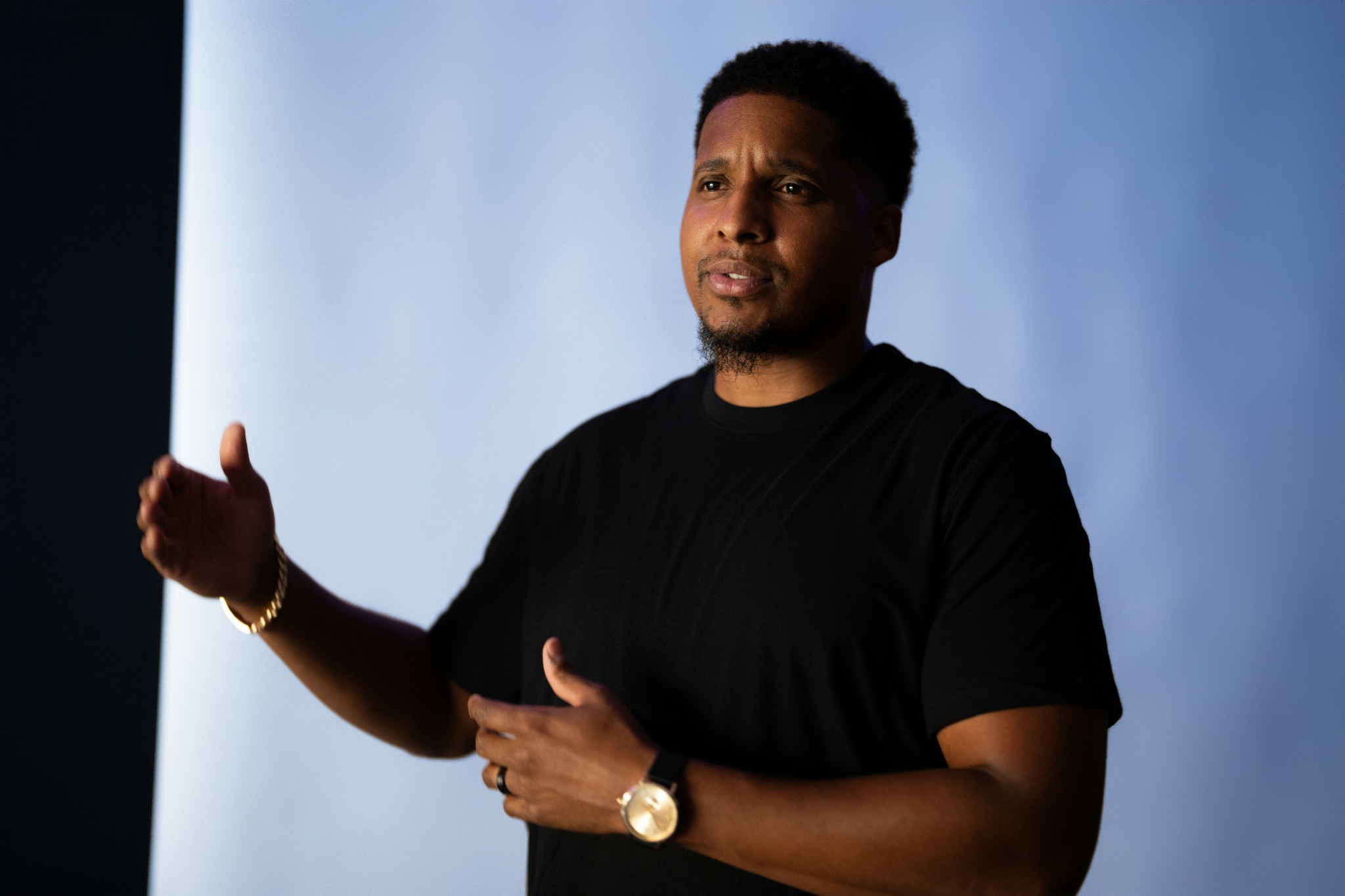We were lucky to catch up with Seth Whitted recently and have shared our conversation below.
Seth, thanks for taking the time to share your stories with us today So let’s jump to your mission – what’s the backstory behind how you developed the mission that drives your brand?
My mission is deeply rooted in my personal experiences growing up in a single-parent household, watching my mother struggle to make ends meet. witnessing crime, poverty, and mental health issues all around has always fueled me as a creative entrepreneur. Like many others, I wanted to solve my family’s problems but saw many good young men, including myself, turn to crime in an attempt to change our community and circumstances. This path often perpetuated negative cycles within our community due to a lack of exposure to better opportunities.
Determined to break this cycle, my mission evolved into empowering underrepresented communities to seek purpose over quick fixes. I’ve always been a creative, using my art, music, and content to inspire those around me. Through this journey, I’ve realized that true empowerment starts with empowering oneself. By building a sustainable media business with the combination of business development and a focus on my own mental health, I’ve been able to offer practical, proven guidance to others, demonstrating that success is possible without resorting to crime. This led me to the purpose of creating content and projects that bridges the gap between mental health and business.
A pivotal part of my mission is promoting cultural autonomy. This was exemplified in the Tomorrow Beaver Falls project, where partnering with the Genesis Collective, we empowered the community to lead an art project, giving them ownership and control. The community chose the artist, directed the narrative, and in doing so, connected deeply with the project. This reinforced for me that impactful solutions must come from within the community and culture that is in ownership of the problem.
Building on this belief, we’re launching ImpactFluence in 2025, targeting 15- to 25-year-olds at a pivotal time in their lives. We’ll provide media training, business training, strategic mentorship and equipping them with skills to tell their stories and create sustainable futures. ImpactFluence embodies cultural autonomy, coming from and for my community, showcasing the power of purpose-driven, localized initiatives.
Through storytelling, we will document the journey of these young people, sharing their growth, challenges, and successes. By doing so, we aim to inspire others and demonstrate that real change comes from within. My mission is meaningful because it reflects my journey, a commitment to breaking cycles of poverty and disempowerment, and a belief in the transformative power of community-led action.
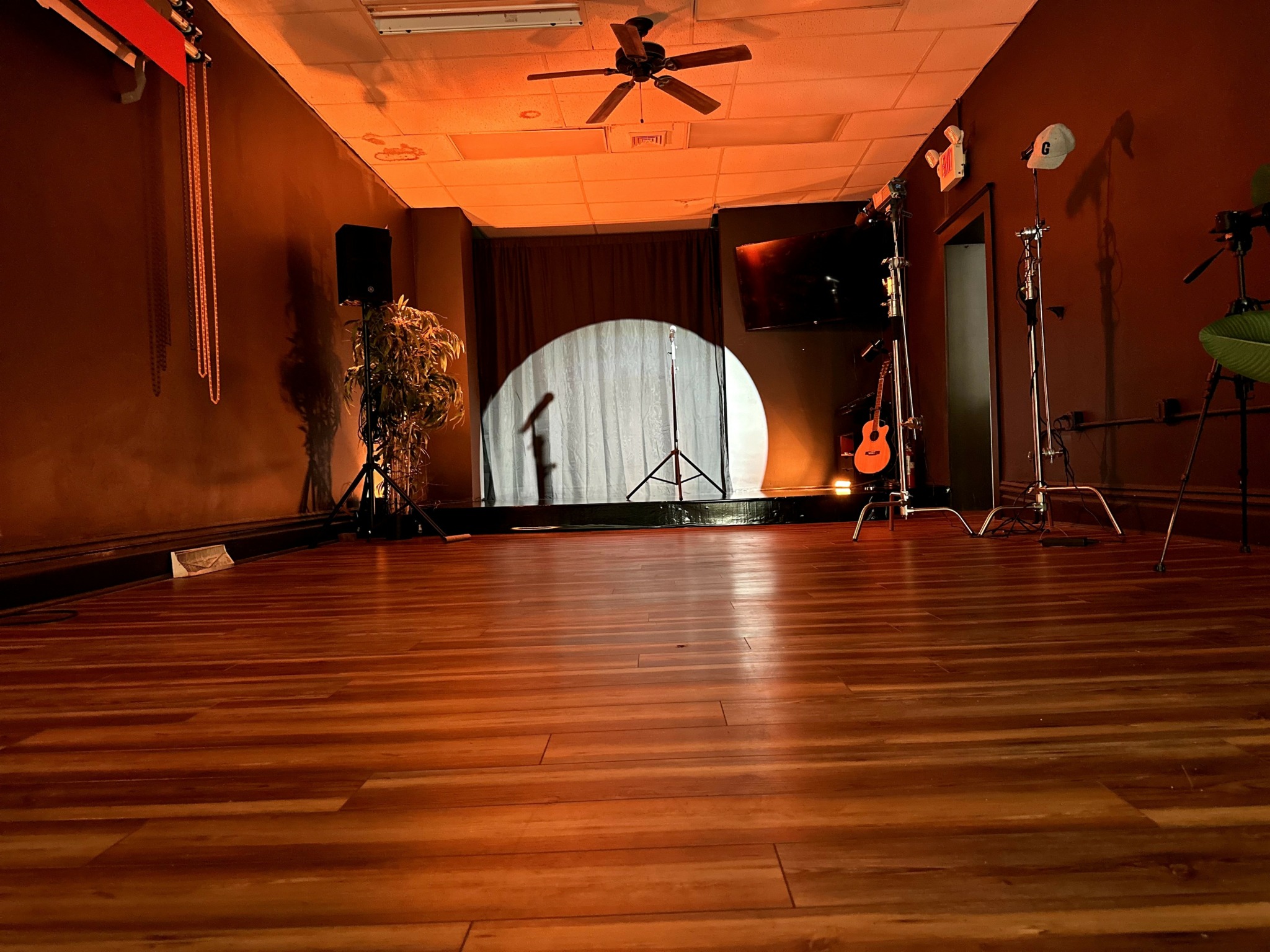
Seth, before we move on to more of these sorts of questions, can you take some time to bring our readers up to speed on you and what you do?
My name is Seth Whitted, and I’m deeply rooted in a mission to empower underrepresented communities through media, messaging, and content creation. Growing up in a single-parent household, I witnessed the struggles of poverty, but I always had a creative spirit. I channeled this into music and content that inspired and uplifted, leading me to the multifaceted role I have today.
At Whitted Media, we offer a wide range of services, including messaging strategy, unique content creation, video production, podcast production, and comprehensive project management for community-driven missions. Our content house is a hub for creators, providing space, equipment, and support for producing high-quality content. We also specialize in campaign creation, helping clients craft powerful narratives around their missions, products, and fundraising efforts.
What sets us apart is our empathic, intuitive approach. We don’t just provide services; we dive deep to understand our clients’ unique challenges and uncover their competitive advantage. Think of us as business therapists, helping clients identify and overcome obstacles. Our work spans media, strategic planning, and more, ensuring we address both the immediate and long-term needs of our clients.
In terms of upcoming plans, we’re excited to continue building our community impact with projects like ImpactFluence, where we empower youth through media and business development, and other multimedia initiatives that inspire change. We’re dedicated to expanding our partnerships and services to foster sustainable growth and make a difference within our communities.
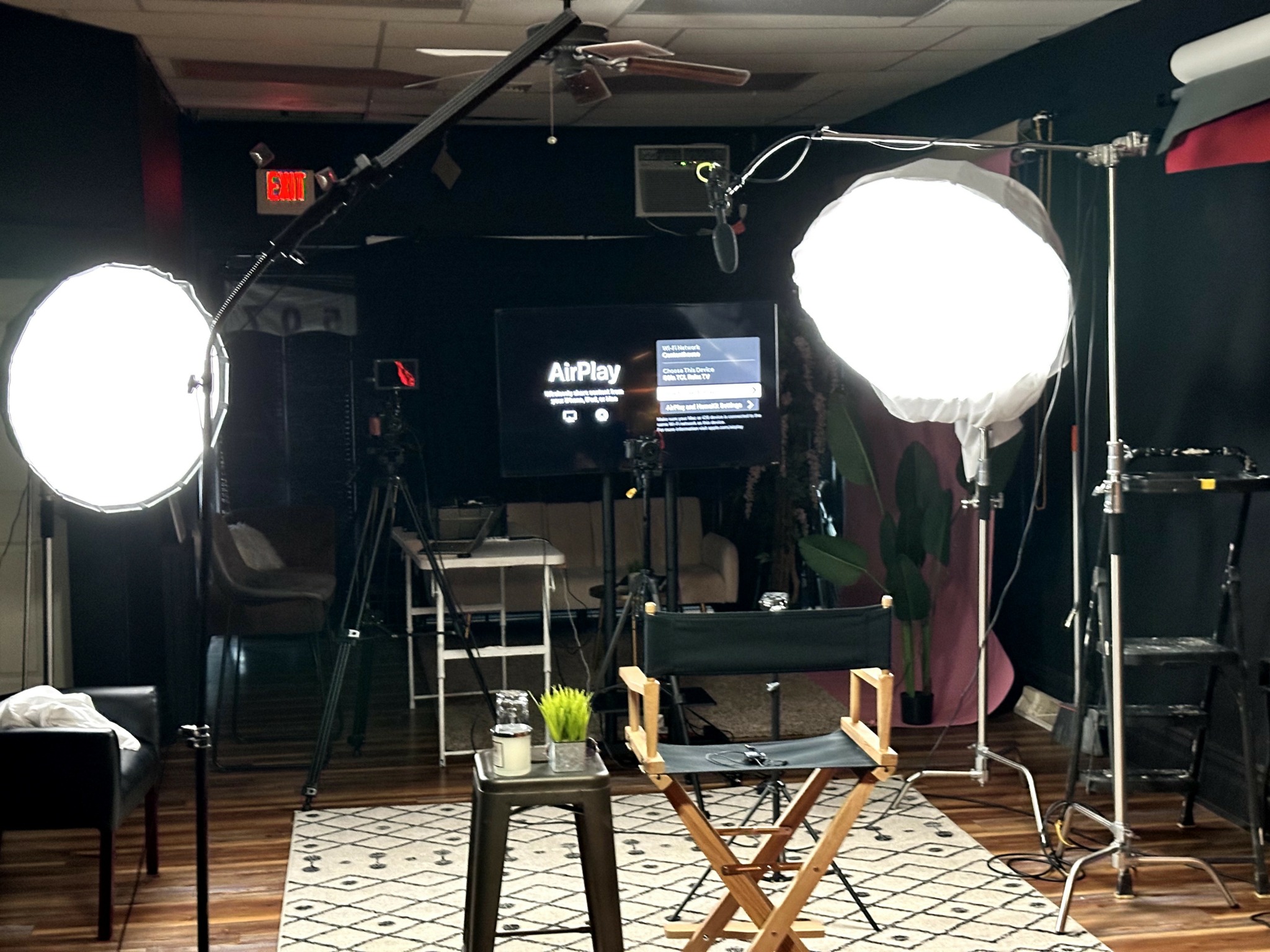
Can you tell us about what’s worked well for you in terms of growing your clientele?
The most effective strategy for growing my clientele has been focusing on adding value rather than chasing transactions. I approach every potential relationship with the mindset of genuinely helping people solve problems—not selling. But here’s the key: I only do this with people or organizations whose values align with mine. If their mission empowers my community, innovates, or moves the world forward, I’m all in. Otherwise, I don’t get involved because I believe in putting my energy where it has the greatest impact.
When I connect with people, I think from an ownership standpoint—leader to leader. I want to see their mission succeed because when they win, my community wins. I have conversations with the sole intention of helping them expand their vision, asking the same thoughtful questions I’d ask my own family members when solving a problem. It’s a selfish service in the best sense of the word—I want the world to do better, and if the world does better, my business will thrive as a result.
My natural empathic nature leads me to offer ideas freely during these conversations. The goal is to build relationships, not just transactions. If my services end up being part of the solution, that’s great—we’ll move forward together. But if they don’t, I’ve still built a relationship with someone whose mission aligns with mine, and that’s a win in itself. Relationships, mentorship, and collaboration are just as valuable as money in this ecosystem.
Over time, this approach has helped me grow a network of people who not only receive value from me but also add value back. When you’re trusted in a network of givers and problem solvers, those relationships multiply, and people naturally refer you to others. That’s how my clientele has grown—not by selling, but by serving and creating genuine connections. And of course, when the opportunity comes to work together, I know my worth and confidently call my number.
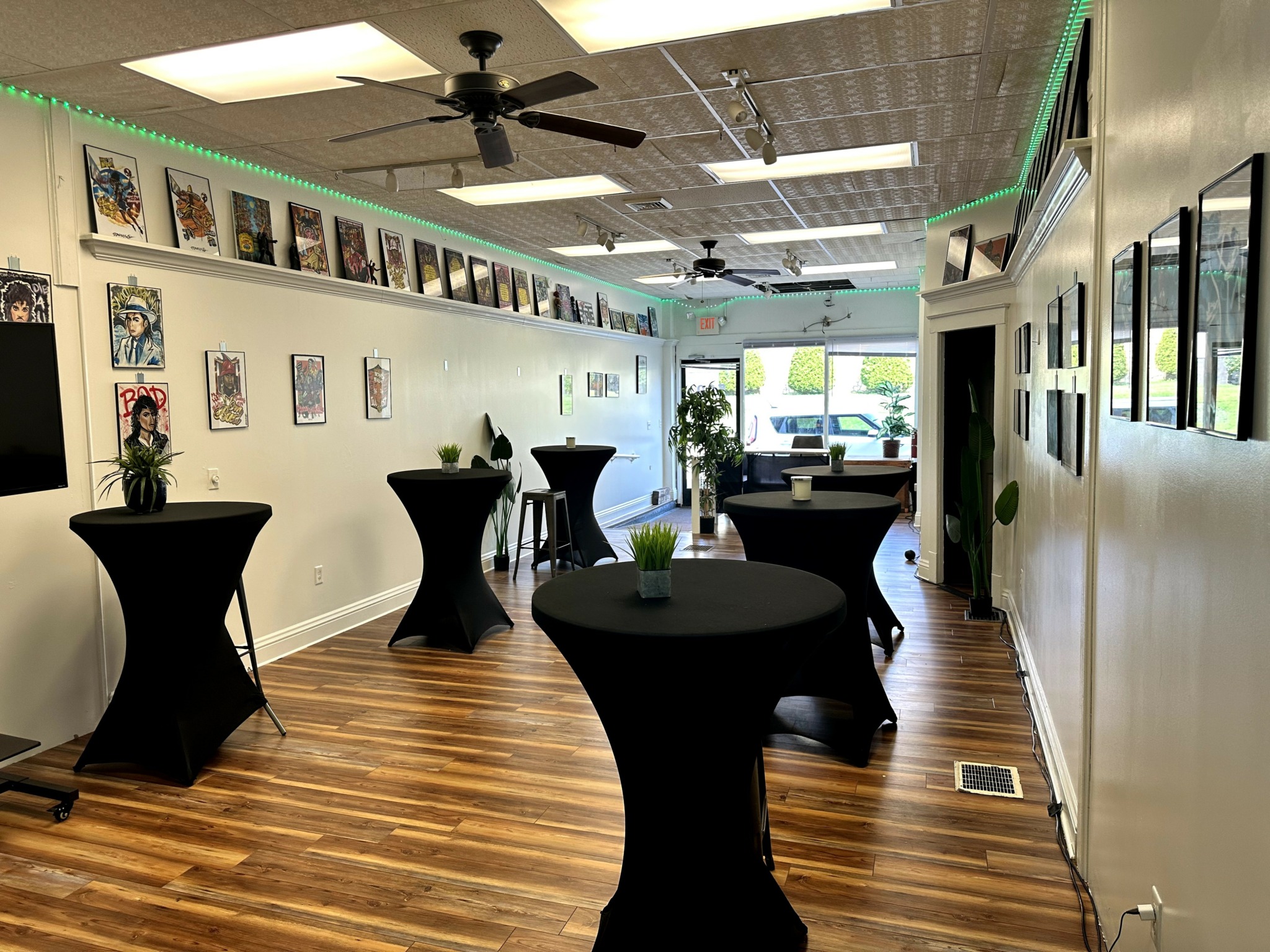
Are there any books, videos, essays or other resources that have significantly impacted your management and entrepreneurial thinking and philosophy?
I actually cant choose between the three lol.
Why Should White Guys Have All the Fun? by Reginald Lewis
This book completely shifted my mindset as a Black man, particularly growing up in an environment where certain levels of success seemed impossible. Reginald Lewis taught me to aim for the highest possible goals, rather than starting small and working my way up. He showed me that no matter what goal you focus on, it will require a significant amount of time and effort—so you might as well think as big as possible. When challenges arise, they’re not signs to stop, but rather signals that you need a deeper, more detailed plan. This book instilled in me the faith and diligence required to succeed at a high level, and it has been a cornerstone in how I approach both personal and professional growth.
Not Nice by Dr. Aziz Gazipura
As a creative and empathic person, I often found myself giving more time and energy to others than I had for myself. Not Nice taught me the importance of setting boundaries and putting myself first, especially in terms of time and resources. It’s not about being selfish, but about understanding that my creativity and energy need protection. For instance, I’ve learned to reserve certain days (like Monday through Wednesday) strictly for my creative work, and I now confidently say no to distractions during that time. This book helped me realize that prioritizing my own needs isn’t a contradiction to being a giver—it’s a necessary step to maintain balance and ensure I’m at my best when I do give. Not nice also enabled me to get past my hangups with conflict and holding others accountable. He made me realize that conflict is an opportunity to build a stronger relationship and grow together.
Good to Great by Jim Collins
This book changed the way I think about focusing on what I can be the absolute best at. As a creative, it’s easy to wear many hats and take pride in being a jack-of-all-trades, but Good to Great revealed that this mindset often stems from a fear of relying on others. It showed me that real success comes from doubling down on your superpower—the one thing you can be the Michael Jordan of—and then building a team around you who are masters in their own right. This focus on mastery and teamwork has had a huge impact on how I structure my business and the way I lead, allowing me to build stronger, more effective teams and create a culture where everyone is focused on what they do best.
Contact Info:
- Website: https://Whittedmedia.com
- Instagram: https://www.instagram.com/whittedmedia/
- Facebook: https://www.facebook.com/WititWednesday
- Linkedin: https://www.linkedin.com/in/seth-whitted-368bbb28/
- Youtube: https://www.youtube.com/@whittedmedia
- Other: Content House Instagram

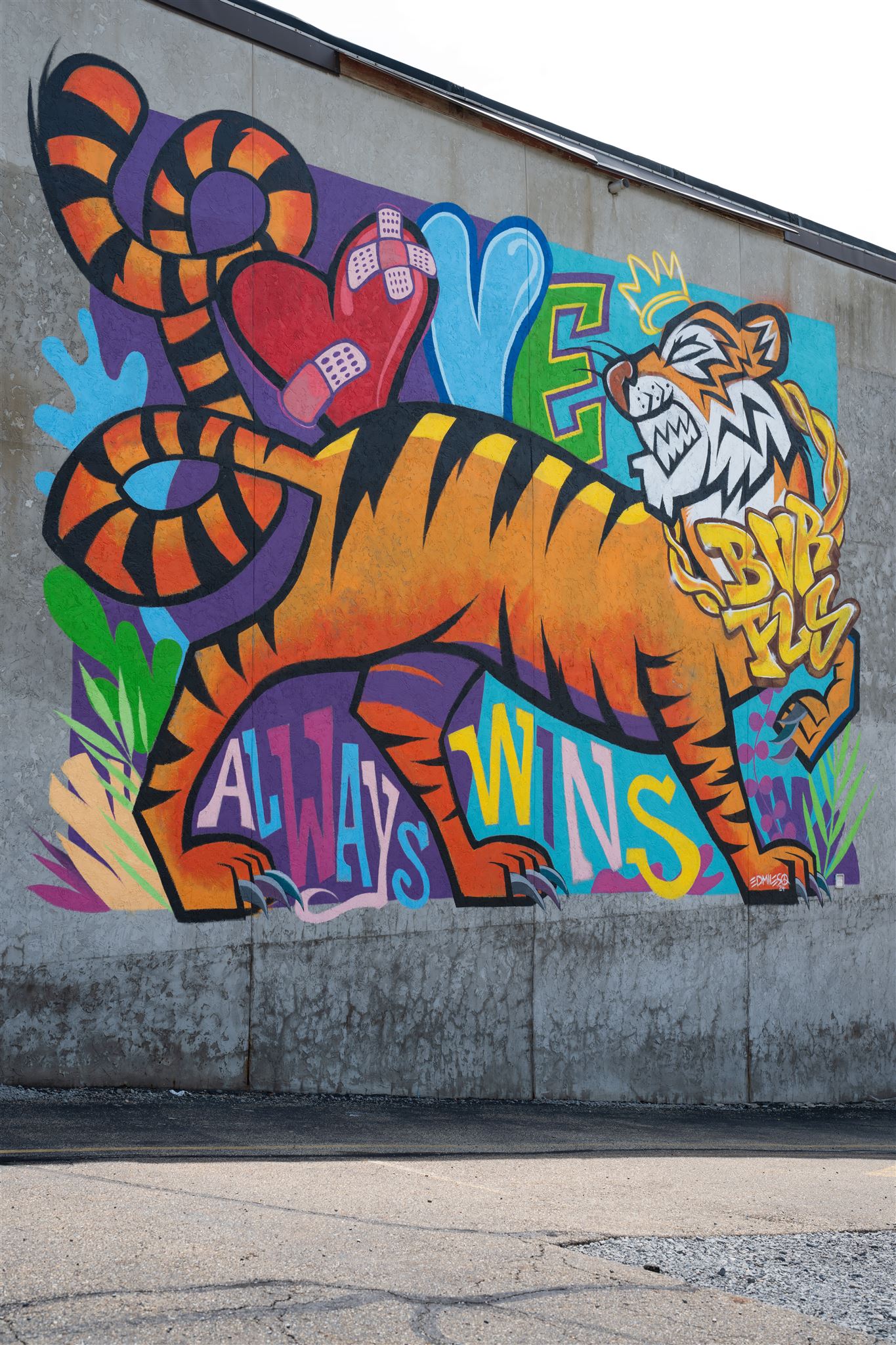
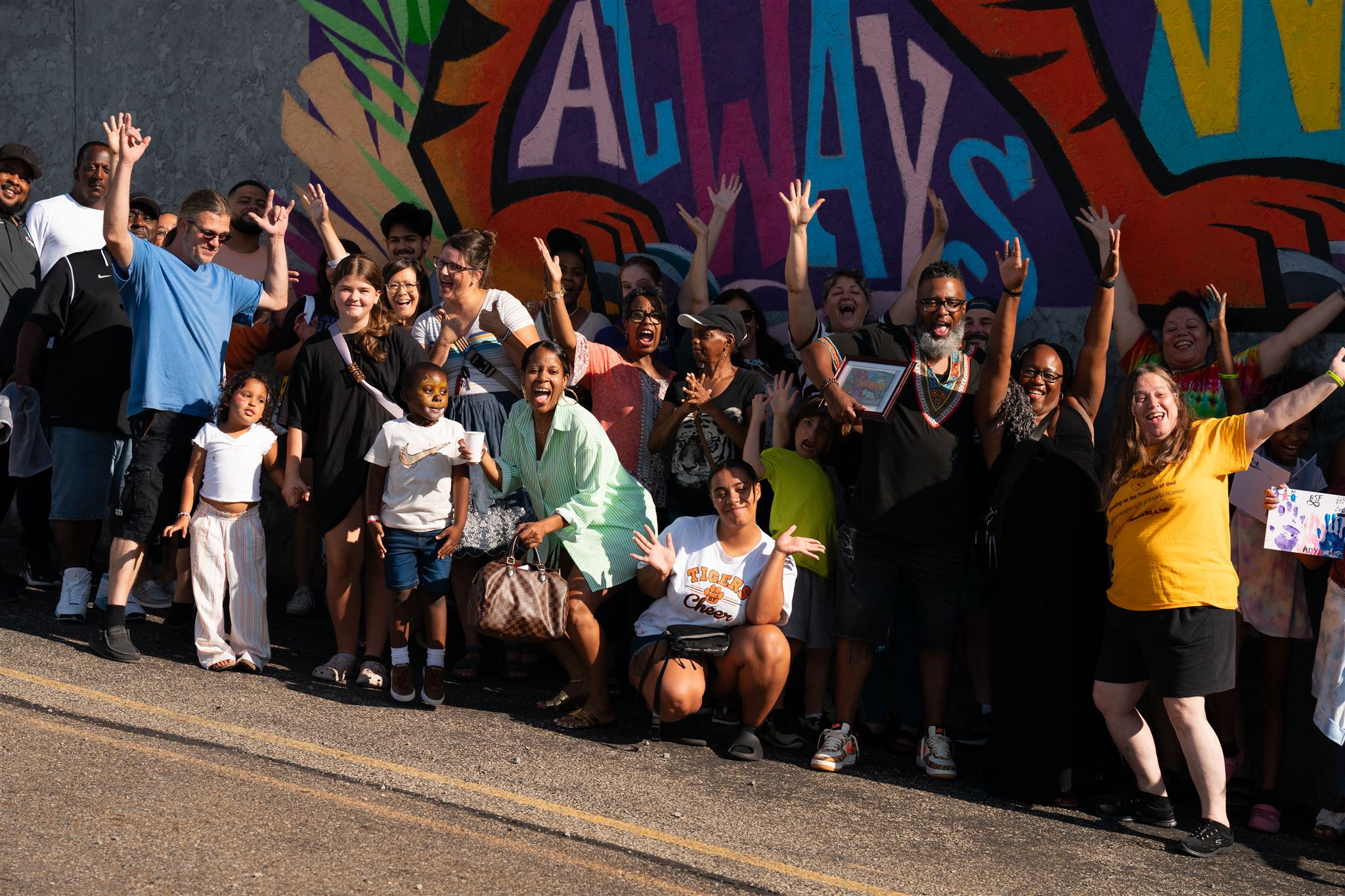
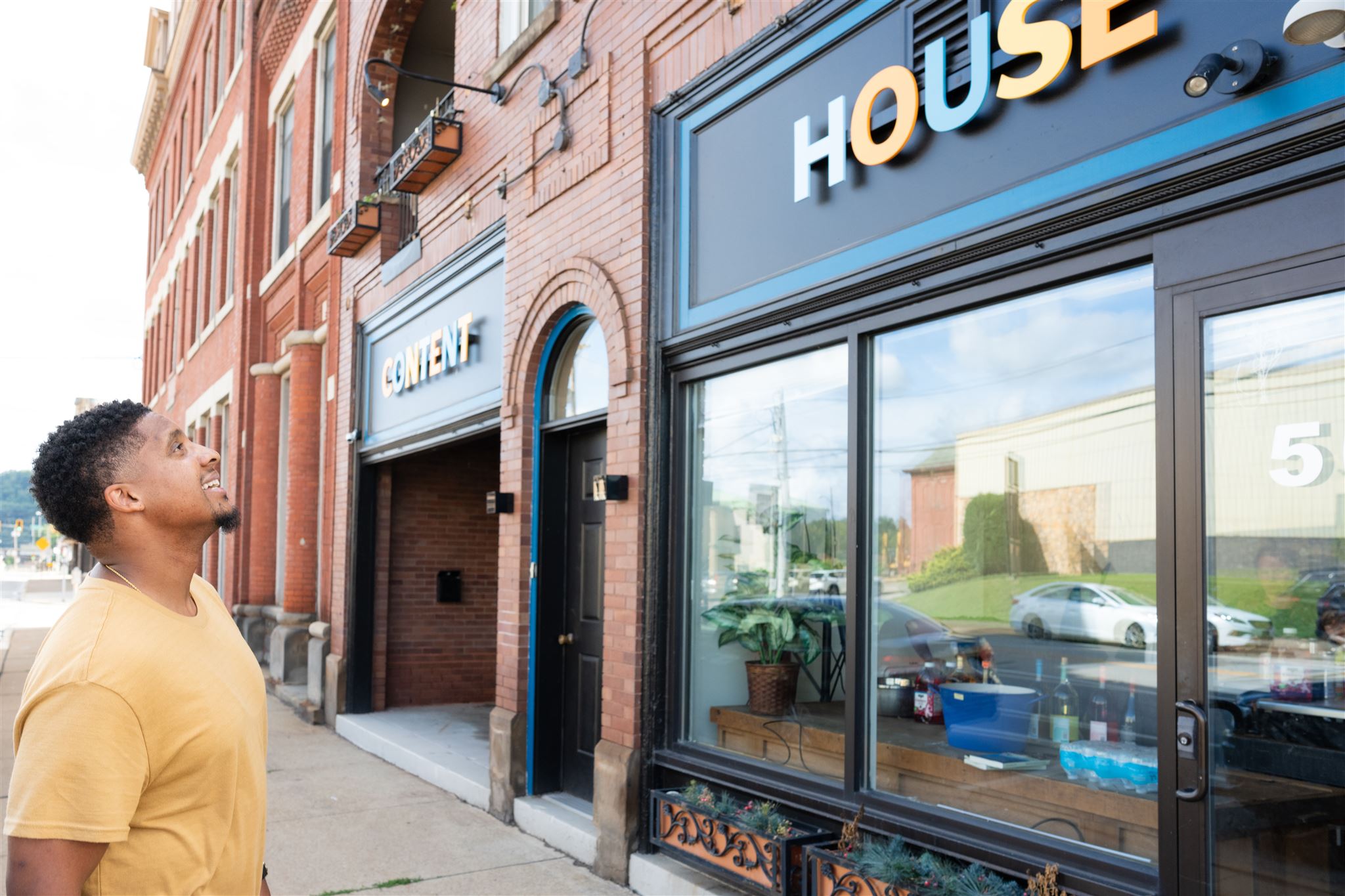
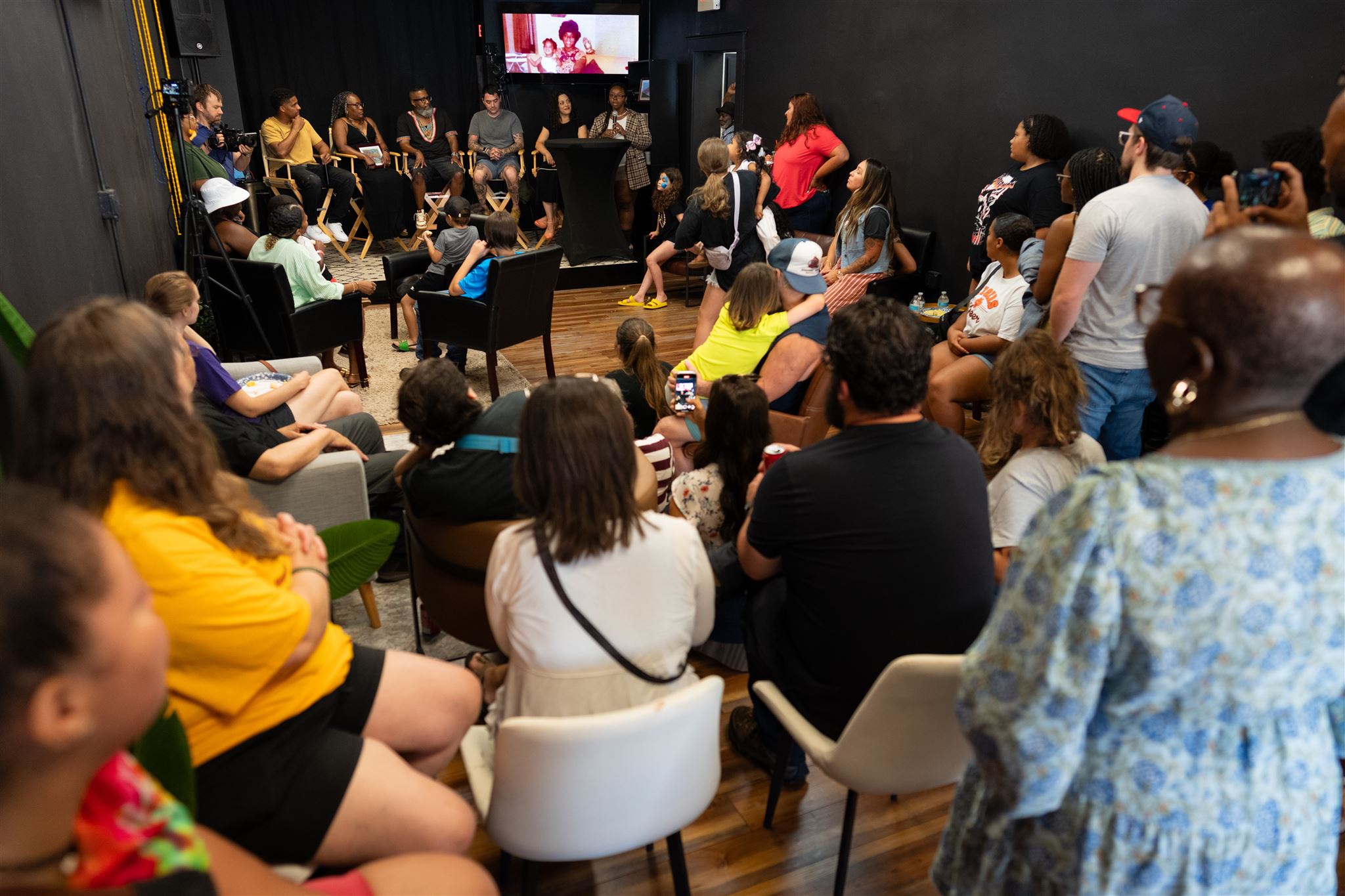

Image Credits
all image credits go to Erin Ninehouser of Rustbeltmayberry. https://www.rustbeltmayberry.com


